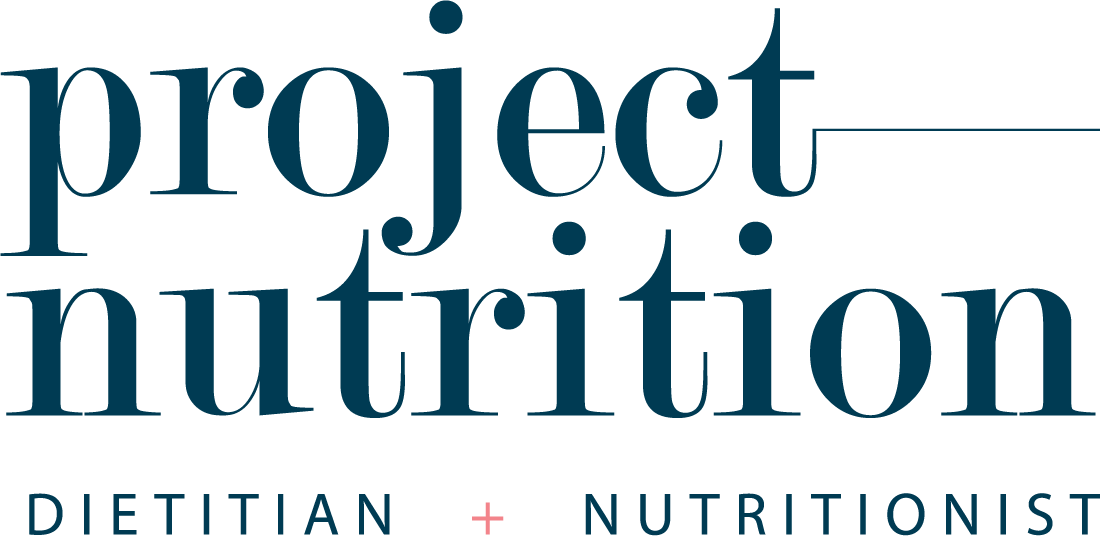What to eat for PCOS
If you have PCOS & have been wondering….what should eat to manage my PCOS? This blog post is for you!
Nutrition & lifestyle changes are one of the most effective ways to manage your PCOS & reduce frustrating symptoms such as irregular periods, fatigue, weight gain, acne & excess hair growth.
International PCOS guidelines recommend nutrition and lifestyle changes should be the very first treatment option for PCOS. The good news is research shows that is a range of different dietary approaches have been found to be effective in managing PCOS. There is no such thing as the “best” diet for PCOS. But there is a way of eating that’s right for you & your unique PCOS symptoms & concerns. The best for you is one that you can stick to in the long term, that doesn’t make you feel deprived or stressed every time that you eat.
In this blog post I’m going to share with you 3 important areas to focus on to help you reduce your PCOS symptoms & manage your PCOS for life!
1.PCOS & Carbohydrates
Insulin is a hormone that is produced by your pancreas & it’s role is to help glucose get into the cells in your body so that the glucose can be used for energy. When you have insulin resistance, your cells aren’t able to utilise insulin effectively & you get a build up of both insulin & glucose in your blood.
Because carbohydrates break down into glucose, eating too many carbohydrates for your individual needs causes your pancreas work harder to produce more insulin, which can worsen insulin resistance.
Having too much insulin in your body makes it very easy to gain weight & contributes to symptoms such as irregular cycles, fatigue, excess hair growth, acne , infertility & pregnancy complications. This is why for for most people with PCOS, addressing insulin resistance is the most important first step towards improving your PCOS symptoms.
One way that you can manage your insulin resistance is look at the quality and quantity of carbohydrates in your diet.
Despite what you may have heard, you don’t need to cut carbohydrates out completely from your diet if you have PCOS. Instead, avoid having large portion sizes of carbohydrate rich foods in one sitting by spreading carbohydrates out evenly across the day.
Building well balanced meals can help to keep you feeling full & reduce the likelihood that you will overconsume carbohydrates.
To build a well balanced meal include:
a portion size of good quality carbohydrates that’s right for your individual needs
some lean protein such as cooked chicken, fish, seafood, eggs or legumes
and lots of vegetables or salad
The amount of carbohydrates that you eat across the day is key for optimal PCOS management. The amount of carbohydrates that you should consume varies from person to person depending on things like your age, physical activity levels, degree of insulin resistance & any other health conditions that you may have. A Dietitian can help you work out exactly how much carbohydrates to include in your diet. To get your very own, personalised nutrition, supplement & lifestyle recommendations for your PCOS, you can book and appointment with one of our PCOS dietitians here.
The type of carbohydrates that you choose is also important. Choosing foods with a low Glycaemic Index (GI) means that your body doesn’t have to produce large amounts of insulin quickly as low GI carbohydrates are digested slowly over a longer period of time.
Low GI diets have also been shown to improve menstrual cycle regularity in women with PCOS.
Examples of low GI foods include:
Wholegrain breads & cereals
Sweet potato, corn & low GI potatoes
Greek Yoghurt & Full cream milk
Almond & Soy milk
Whole fruit
High GI foods such as cordial, soft drinks, fruit juice, cakes, lollies & sugary breakfast cereals, snacks & bars can cause your pancreas to produce lots of insulin very quickly. You don’t need to avoid high GI foods completely, however it’s important to be mindful of how much & how often you consume them.
2. Anti-Inflammatory Eating for PCOS
PCOS is a chronic inflammatory condition & anti-inflammatory eating patterns such as the Mediterranean Diet, have been shown to be beneficial in improving insulin resistance, mood & fertility in people with PCOS. The Mediterranean diet can also help to reduce testosterone which is responsible for symptoms such as acne & excess hair growth. The Mediterranean dietary pattern is also a style of eating that is easy to adopt & can be easily adhered to by most people in the long term.
The key components of a Mediterranean Dietary pattern include:
Wholegrains
Lot of fresh fruits & vegetables
Lentils, legumes & chickpeas
Nuts & seeds
Extra Virgin Olive Oil
Moderate amounts of greek yoghurt & cheeses
Moderate amounts of poultry, eggs & seafoods
Small amounts of red meat
3. Physical Activity
Exercise is an important part of managing PCOS. Physical activity improves insulin resistance & can assist with managing your weight. Women with PCOS are at a higher risk of mood disorders & cardiovascular disease & exercise can help you manage as well as reduce the risk of developing these conditions. You don’t need to hit the gym or start any intense exercise regimes to effectively manage your PCOS. Start small by increasing incidental activity in your day to day life, such as walking to shops instead of driving or taking the stairs instead of the elevator.
Aim for at least 30 minutes of moderate intensity physical activity most days of the week. It is important to speak with an exercise physiologist or your doctor for individualised advice regarding exercise.
If you need help understanding HOW to adapt the the above recommendations to suit your lifestyle, taste preferences & unique PCOS needs, book a feee 15minute Clarity Call to learn more about our PCOS nutrition coaching programs.

